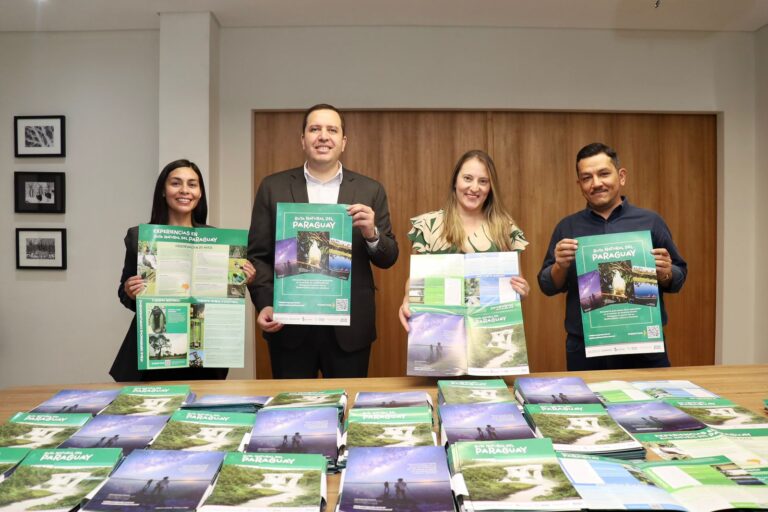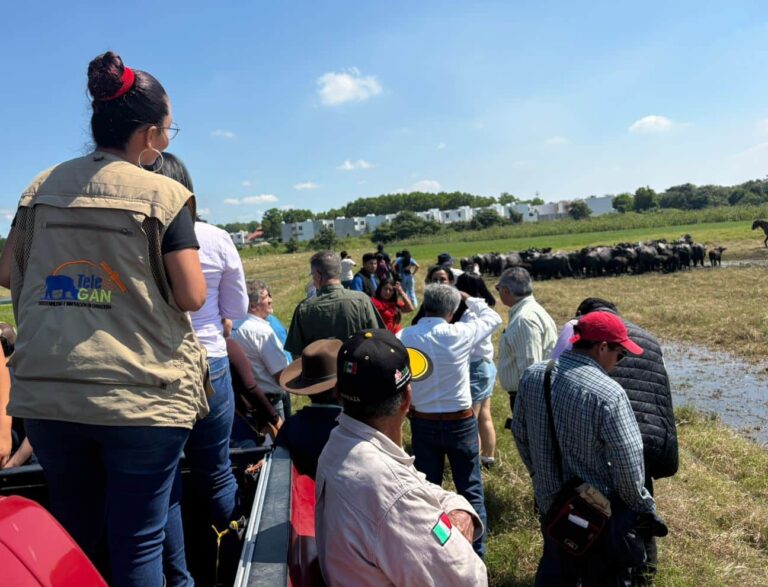Integration is an important strategy to consolidate regional agricultural development


During the meeting, the SICA addressed various issues to ensure inter-institutional coordination at the sectoral and intersectoral level, within the framework of the proposal of a Priority Strategic Agenda linked to the Sustainable Development Goals (SDGs) and meant to be a work plan for the first semester of the present year.
According to the statement of Miguel Vargas, Minister of Foreign Affairs of the Dominican Republic, “receiving the Pro Tempore Presidency of SICA is an event of great importance for the Dominican Republic because of the deep friendship relations that unite our countries and our people,” adding that «we must take advantage of this proximity to create spaces that contribute to the common development of the region, that is one of the benefits that we find in this integration system.”
For his part, the SICA Secretary General, Vinicio Cerezo, who recently signed an agreement with the Inter-American Institute for Cooperation on Agriculture (IICA), said that “we have to position a tangible reality, product of our institutionality, this is when our region builds itself to give more opportunities to the populations. For this reason, I value the commitment and dynamism of the Dominican Republic, as well as the leadership of President Danilo Medina and Minister Miguel Vargas, who are following up on the initiatives promoted by the PPT in Costa Rica and Panama.”
More information: Frank Lam, IICA Representative in the Dominican Republic, frank.lam@iica.int











